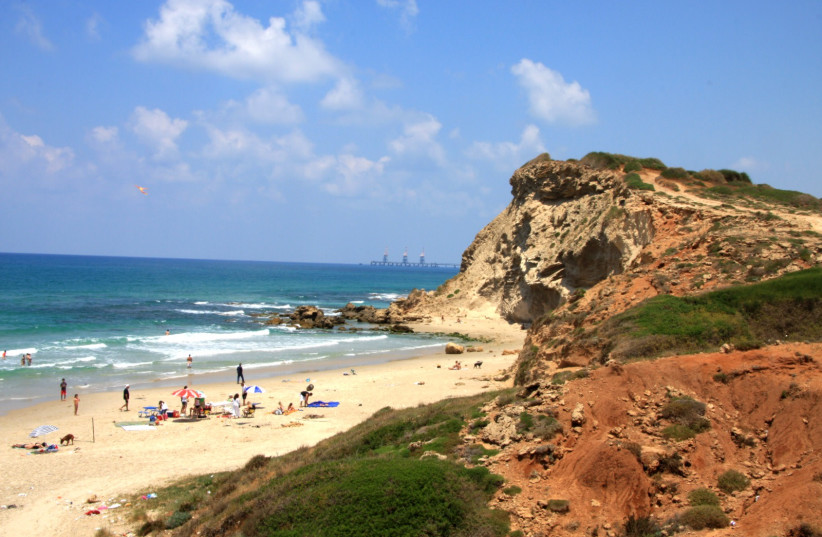A person who has gone through a traumatic event early in life is more likely to engage in volunteering, donating money, or environmental activism, researchers have discovered.
For the first time in the United States, researchers from CU Boulder and Loyola University have found an association between childhood trauma and civic engagement later in life.
The novel new study, published in December in the peer-reviewed Scientific Report, found that undergoing trauma as a child may lead an individual to volunteer, donate money or contact their elected officials about environmental issues as an adult.
"We set out to explore reasons or motivations why someone would get environmentally engaged versus not and experiencing childhood trauma emerged as a really powerful motivator," said lead author Urooj Raja, an assistant professor in the School of Communication at Loyola University Chicago.
"It suggests that there could be another way of looking at trauma."
Urooj Raja, study author
Furthermore, the team found that in addition to people who experienced childhood trauma, those who traveled and had experiences in nature as children were also more likely to report engaging in private "green behavior" as adults, such as recycling, driving or flying less, and taking shorter showers.

The results were from a survey conducted in 2020 using a nationally representative sample of about 450 US adults to examine two types of environmental engagement.
Public, civic engagement was measured in hours per month devoted to an environmental protection cause, such as writing letters to elected officials or donating time and resources to an organization. Private, green behavior was defined as self-reported actions adopted by individuals or households to reduce their environmental impact.
They answered an array of questions about themselves, including their current civic engagement and green behavior, formative childhood experiences (gardening, swimming in a lake or going on a hike in the woods for the first time), and traumatic experiences in childhood (living in poverty or experiencing hunger, not having a safe home environment, losing a parent or sibling, dealing with health issues, or enduring sexual harassment, assault or bullying).
The study also included interviews with 33 people who are highly engaged in environmental issues. Raja and the team discovered that many had experienced some kind of childhood trauma.
Earlier studies indicated that people who experience natural disasters as children are more likely to get involved in environmental causes, but these new findings show that childhood trauma of any kind is associated with increased interest in both private and public environment engagement as an adult.
"It suggests that there could be another way of looking at trauma," said Raja.
Why does experiencing traumatic events earlier in life boost the likelihood of getting publicly involved in environmental issues?
Researchers do not know the exact reason for the higher likelihood of civic engagement among those who experienced trauma as children. It is theorized that trauma can lead to a strong sense of empathy, including empathy for the environment.
Raja added that it could also partly be a coping mechanism, to attempt to keep bad things from happening to other people or living things.
